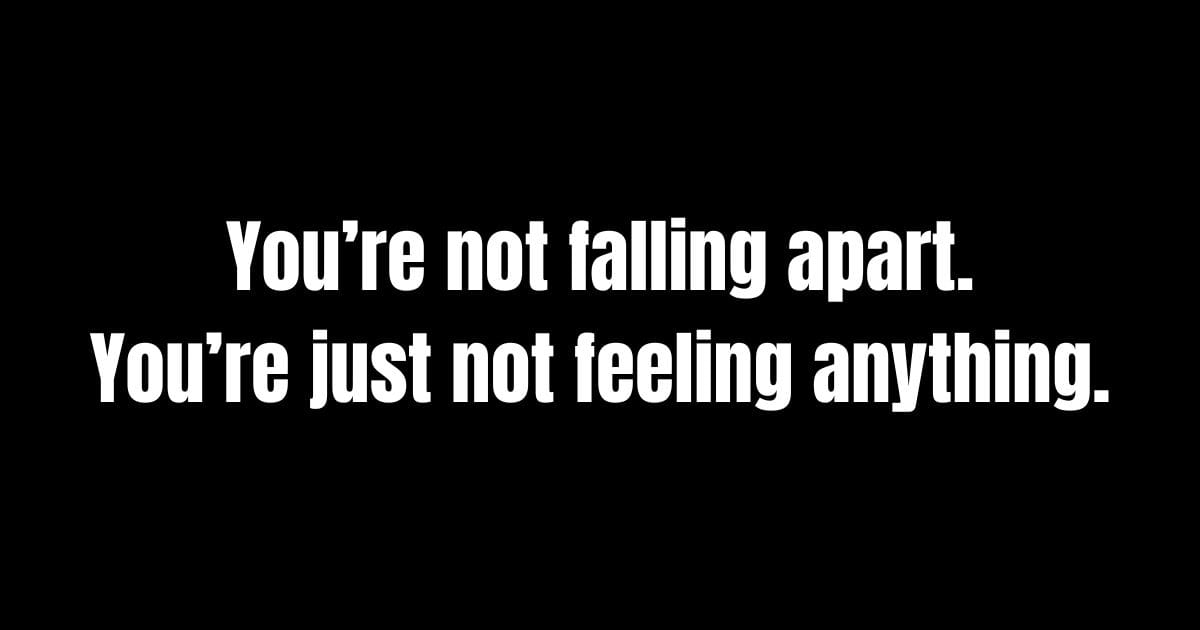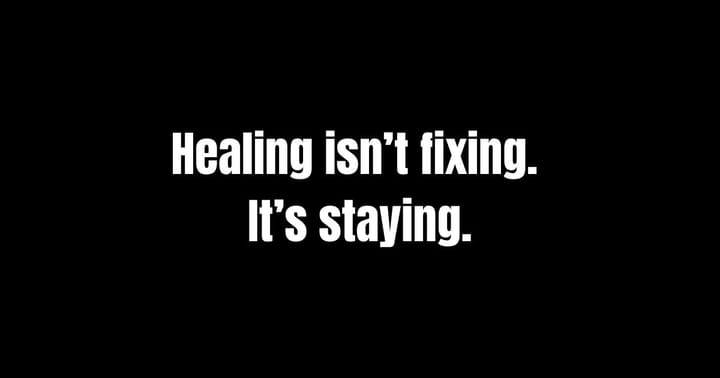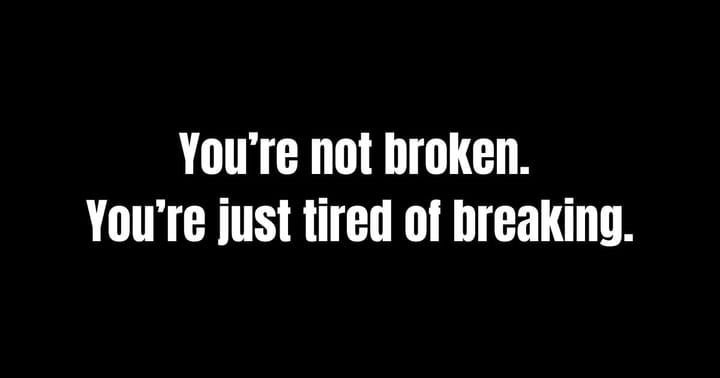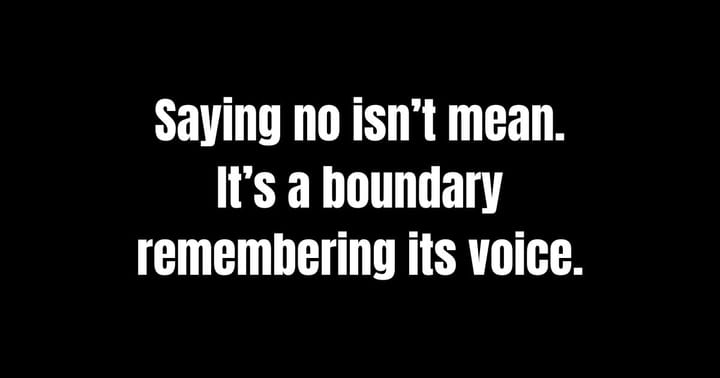Being the Strong One Is Making You Sick
You’ve held it all together for longer than anyone realises. But strength that’s always on show eventually starts to erode you from the inside. This post explores what happens when being the strong one becomes too much to bear.
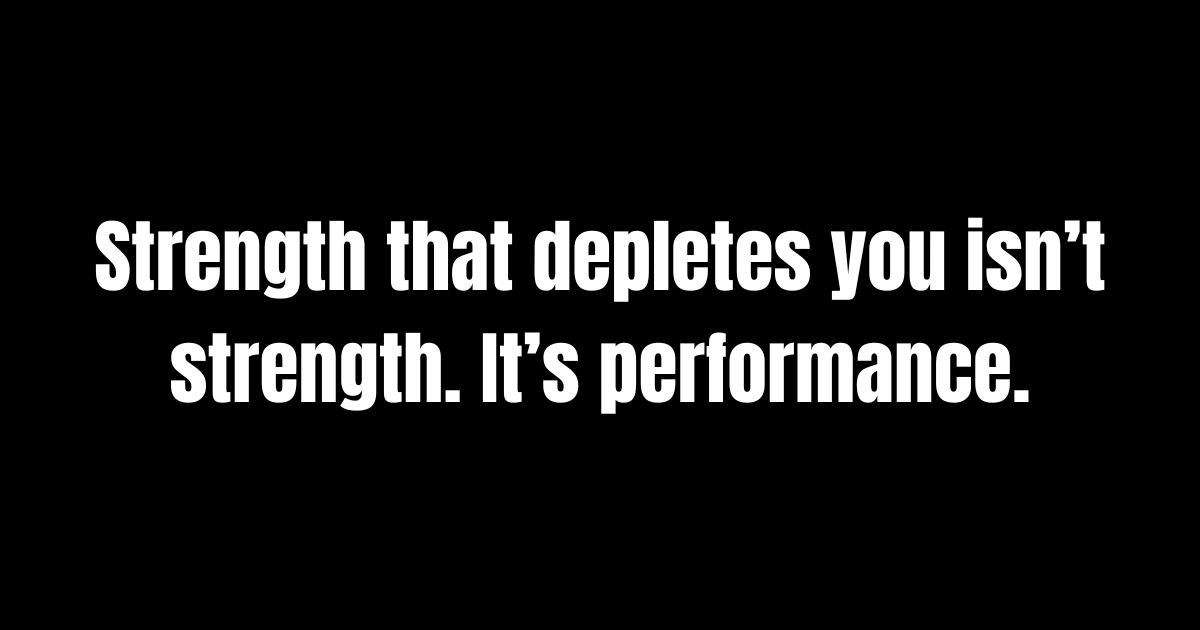
Being the Strong One Is Making You Sick
(And Why the Weight of Holding Everyone Together Always Has a Cost)
It doesn’t hit all at once.
There’s no dramatic breakdown. No final straw.
Just a slow, steady depletion.
You find yourself sighing more.
Snapping more.
Staring at the ceiling longer than usual, wondering why you’re so tired when technically, nothing is wrong.
But something is wrong.
You’re exhausted, emotionally, physically, quietly. And no one sees it, because you’ve become an expert at functioning through the fog.
You Built Strength as a Survival Strategy
For a long time, it worked.
Being the strong one helped you get through what you couldn’t control.
You became the reliable one. The responsible one. The calm presence in a crisis.
You learned how to stabilise chaos.
How to regulate other people’s emotions.
How to keep things moving, even when you were falling apart on the inside.
And maybe you never said it out loud, but a part of you hoped — hoped — that someone would notice.
That someone would see how much effort it took to look composed.
Instead, you were praised for your grace.
Your patience.
Your capacity.
And now it feels like you can’t drop the act without disappointing someone.
Emotional Exhaustion Isn’t Laziness.
Here’s what it can look like:
- You’re always “on,” even when you’re alone.
- Rest doesn’t feel restful.
- The smallest decisions feel disproportionately hard.
- You fantasise about running away, but you’d never actually do it.
- You feel disconnected from joy, even in the moments that should feel good.
These are symptoms of burnout, but not the burnout that gets talked about on productivity blogs.
This is emotional burnout.
The kind that builds when you suppress your own needs for the sake of being useful. The kind that simmers under the surface of high-functioning, high-achieving lives.
When Being Needed Replaces Being Seen
It’s hard to admit, but sometimes being needed starts to feel like the only way to matter.
You respond quickly.
You show up without being asked.
You anticipate what people need before they say it.
And eventually, you become invisible in your own life.
You’ve trained everyone to depend on you but not to check on you.
They assume you’re okay, because you always look okay.
But holding space for everyone else means something’s got to give.
And more often than not, it’s you.
This Isn’t Just Stress. It’s Self-Abandonment Disguised as Reliability
You skip meals to finish one more thing.
You don’t reply to messages that ask how you are, because you don’t have the words.
You downplay your own overwhelm because you think someone else has it worse.
And maybe, for a while, you believed that this was strength.
That being emotionally available, endlessly adaptable, and always capable was something to be proud of.
But now your body is calling in the debt.
The headaches. The fatigue. The constant tension in your chest.
They’re not random.
They’re reminders that your boundaries have been quietly breached by your own performance of calm.
You’re Allowed to Stop Holding It All Together
This is the part no one tells you: you can opt out.
Not from your life, but from the identity you built to survive it.
You can take longer to reply. Let a ball drop. Say “I can’t do that right now” and let the silence hang.
You can stop performing emotional resilience and start practicing emotional boundaries.
You don’t have to be available just because someone needs you.
You don’t have to be pleasant when you’re spent.
You don’t have to explain why you're tired.
You’re allowed to take your own exhaustion seriously.
Because being the strong one was never supposed to be a full-time role.
And it’s not your job to hold everything, especially if it’s breaking you in the process.
Watch Next:
Notes to Self:
Read Next:
